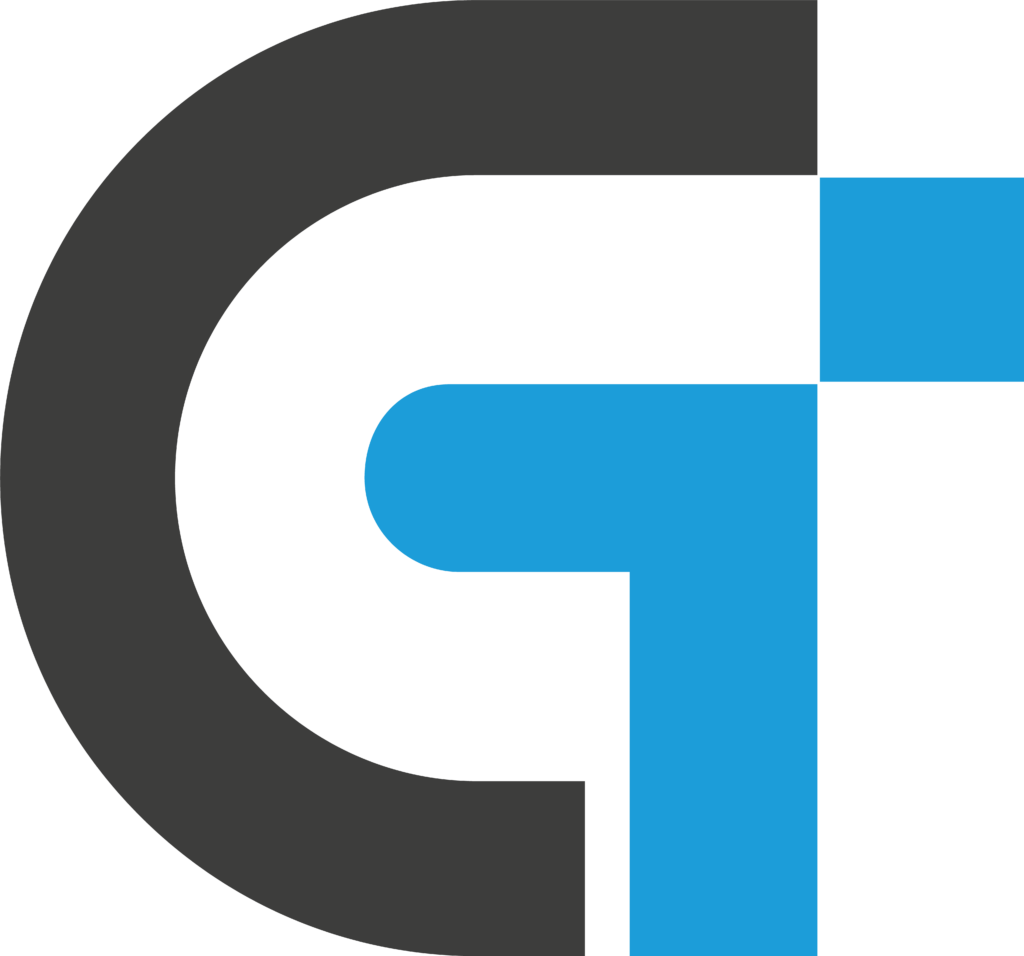Unlocking the Future: Embarking on an AI Venture in Thailand 2024
As the world rapidly embraces the transformative power of artificial intelligence (AI), Thailand is poised to become a hub for innovative AI businesses in 2024. With the government’s proactive initiatives and the growing demand for AI solutions across various sectors, the time is ripe for entrepreneurs to capitalize on this burgeoning market.
In this comprehensive guide, we’ll explore the key steps and considerations for starting an AI business in Thailand, equipping you with the knowledge and strategies to navigate this exciting and ever-evolving landscape.
Identifying the Right Business Structure
The first step in your AI entrepreneurial journey is to choose the appropriate business structure. In Thailand, understanding the nuances of different business structures is crucial for your startup’s success. The National Electronics and Computer Technology Center (Nectec) and three AI groups have joined forces to develop a native-language generative AI tool, showcasing Thailand’s commitment to fostering AI innovation.
When selecting a business structure, consider the following options:
- Limited Liability Company (LLC): This structure is one of the most popular choices among startups in Thailand. An LLC offers liability protection to its owners, meaning that personal assets are safeguarded in case of business debts. Additionally, the flexible management structure allows for various operational arrangements, and the tax advantages can significantly benefit early-stage companies.
- Partnership: A partnership is another viable option, especially for smaller teams. It allows two or more individuals to share ownership and management responsibilities. Partnerships may be general, where all partners are equally responsible for debts and obligations, or limited, where some partners have limited involvement and liability.
- S Corporation: An S corporation provides pass-through taxation, meaning the company’s profits and losses are reported on the owners’ personal tax returns. This structure may reduce overall tax liability, but it can be more complex to manage in Thailand due to specific compliance requirements.
- C Corporation: While more complex in structure, a C corporation offers unlimited growth potential and perpetual existence. This structure allows businesses to raise capital through the sale of stock, making it an attractive choice for larger AI ventures aiming to scale rapidly.
It’s essential to consult with legal and financial professionals to determine the best fit for your AI venture. They can guide you on the legal requirements, registration processes, and tax implications specific to Thailand.
Protecting Intellectual Property (IP)
In the rapidly evolving field of AI, safeguarding intellectual property (IP) is not just important; it is essential. Before launching your business, ensure that every executive, director, manager, employee, and independent contractor signs a comprehensive non-disclosure and confidentiality agreement. This agreement should explicitly include stipulations for IP ownership and clearly assign any creations or inventions to the company.
Conducting a freedom-to-operate analysis is also crucial. This process involves assessing whether your AI solutions infringe on existing IP rights, which could lead to legal disputes. Additionally, be aware of open-source licenses if you are incorporating any open-source components into your products. Understanding the Thai Patent Act and the Thai Trademark Act will help you navigate the complex landscape of IP protection in Thailand.
The Thai Patent Act offers protection for inventions, utility models, and industrial designs, while the Trademark Act safeguards brand identity. The process for obtaining patents and trademarks can be intricate, so consider engaging a local IP attorney who can navigate the system efficiently and help you avoid common pitfalls.
Data Security and Protection
As a tech startup handling sensitive information such as intellectual property, customer data, and financial records, data security and protection should be top priorities. Data breaches can result in substantial financial losses, harm your reputation, and lead to legal liabilities.
Stay informed about and comply with local data protection regulations, including Thailand’s Personal Data Protection Act (PDPA). This law sets stringent requirements for the collection, processing, and storage of personal data, emphasizing the need for data minimization, obtaining consent from data subjects, and implementing robust security measures. Failure to comply with the PDPA can lead to severe penalties, including fines and restrictions on business operations.
In addition to complying with local laws, it is wise to be familiar with international regulations such as the EU General Data Protection Regulation (GDPR) and the California Consumer Privacy Act (CCPA). Implementing robust security measures, including encryption, access controls, and regular security audits, is essential to safeguard your business and maintain customer trust.
Exploring Market and Business Opportunities
The AI market has experienced explosive growth, with investors pouring a staggering $330 billion into 26,000 AI and machine learning startups over the past three years. This surge in investment highlights the immense potential and diverse opportunities within the AI industry.
When thinking about launching an AI business, consider various business models that cater to different needs and sectors. Examples include:
- Consulting: Providing expert guidance and solutions to organizations seeking to integrate AI into their operations can be a lucrative business model. You can help companies streamline processes, optimize performance, and leverage AI technologies effectively.
- Freelance AI Design: If you possess skills in AI development, you can offer your services on a project basis, helping businesses create custom AI models and algorithms tailored to their specific requirements.
- AI Education and Training: As the demand for AI expertise grows, there is a pressing need for specialized training programs. Offering workshops, courses, or online classes can help equip professionals with the knowledge and tools needed to leverage AI technologies effectively.
- AI Agencies: Establishing an AI agency that offers comprehensive services—from strategy development to implementation and ongoing support—can address the needs of various clients. These agencies can work across sectors, providing tailored solutions that enhance business operations.
- AI Software-as-a-Service (SaaS): Developing and marketing AI-powered software solutions tailored to specific industries or use cases can open up new revenue streams. SaaS models allow customers to access your solutions via subscriptions, promoting continuous engagement and recurring revenue.
Conduct thorough market research to identify promising opportunities and tailor your business model accordingly. Understanding the unique challenges and preferences of your target audience will enhance your ability to capture market share.
Starting an AI Agency
Establishing an AI marketing agency is one lucrative option for entrepreneurs. A comprehensive guide on starting an AI agency in 2024 can provide valuable insights, strategies, and tools for a successful launch. This guide should cover key aspects such as:
- Understanding the AI Agency Landscape: Gain insights into current trends, competition, and the specific needs of potential clients in your niche.
- Developing a Robust Business Plan: A well-rounded business plan will outline your mission, target market, services offered, and financial projections, serving as your roadmap for success.
- Building a Talented Team: Assemble a diverse team with skill sets ranging from AI development to digital marketing, ensuring a well-rounded approach to service delivery.
- Leveraging Cutting-Edge AI Technologies: Stay ahead of the curve by incorporating the latest AI tools and technologies into your offerings.
- Establishing Strong Partnerships: Collaborate with other tech companies, educational institutions, and industry experts to enhance your service offerings and credibility.
- Navigating Legal and Ethical Considerations: Understand the legal landscape surrounding AI technologies in Thailand, including IP protection, data privacy, and ethical AI usage.
- Implementing Effective Project Management Practices: Develop robust project management and client communication practices to ensure timely delivery and satisfaction.
By following this guide, you’ll gain a competitive edge and position your AI agency for long-term success in the dynamic and rapidly evolving AI industry.
Embracing the AI Revolution
As you embark on your AI entrepreneurial journey in Thailand, it’s vital to remain adaptable and continuously educate yourself on the latest advancements and best practices. Industry collaboration is key; engage with experts, attend networking events, and utilize resources from organizations like Nectec and AI groups to build your knowledge base and connections.
By following these steps and staying ahead of the curve, you’ll be well-equipped to unlock the boundless potential of AI and contribute to Thailand’s thriving AI ecosystem in 2024 and beyond. The journey may be challenging, but the possibilities for innovation and impact are immense.
Relevant Sources
.
This article is generated by SafeComs AI, Automation Bot.





Leave a Reply